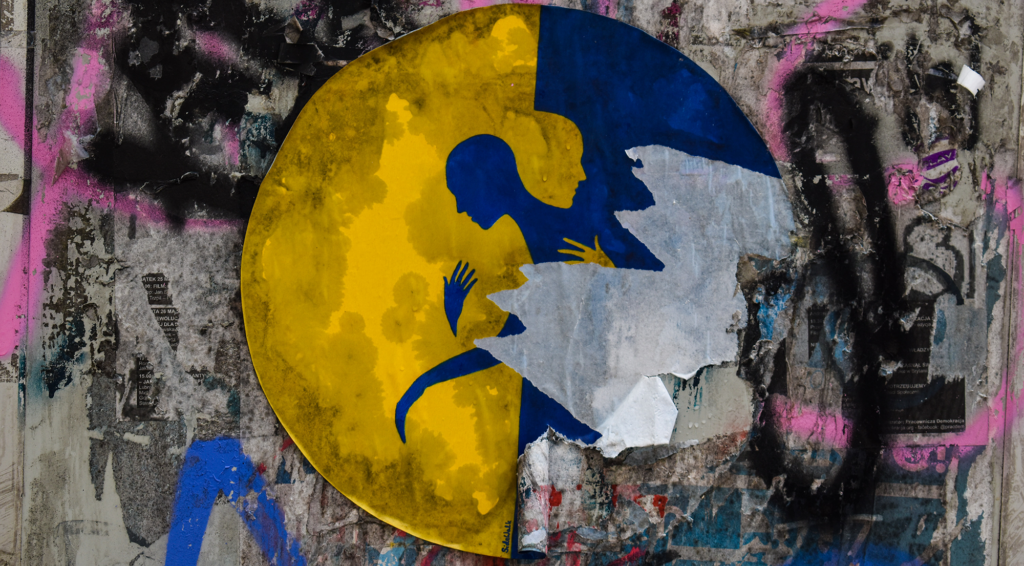
Every life matters. Every piece of infrastructure destroyed and needing to be rebuilt is an obstacle to development. As long as we keep using wars as a means of promoting peace, all we will do is perpetuate a vicious circle of violence, rather than a virtuous circle of humanity and fulfillment of potentials. However, law and international infrastructures are currently being strengthened in response to this war.
Small powers sometimes bring big ones to reason and if needed to restraint, or at least they enable them to be monitored more effectively. Examples, Liechtenstein has won approval for a resolution stipulating that any veto in the United Nations Security Council will automatically trigger, within ten days, a discussion at the General Assembly. This change will prove significant in the future. For the first time in 40 years, the UN Security Council has acknowledged its incapacity to act, because of a veto, and passed the Ukrainian case to the General Assembly. If need be, this shall happen again. 40 countries have issued an urgent request to the International Criminal Court for an inquiry into crimes against humanity and war crimes committed in Ukraine by all sides. A trial for the crime of aggression would be welcomed, and we support the idea of referring to the Court every time a war starts. And within a few days, Ukraine has obtained a judgment from the International Court of Justice demanding an immediate cessation of hostilities. This judgment has not been respected, but it nevertheless serves as a landmark case. NGOs have cited the United Nations Charter, reminding the Human Rights Council and all the international community that war is illegal and that the Charter highly limits possible exceptions. They also made emphatic references to the right to conscientious objection and to the right to desert in the context of illegal wars. They have also drawn attention to the role played by individuals practicing non-violence within the conflict – they are numerous! – as well as highlighted the protection and attention these persons need. Last but not least, NGOs are demanding increased funding for peace, one of the means needed to strengthen prevention of conflicts.
At the local level, the surge in solidarity in Switzerland is particularly enlightening. In my own district, the arrival of refugees has increased the local population by five percent. They have been warmly welcomed, with solidarity groups being set up to provide accommodations, work, language courses, transport, access to culture and administration. Refugee status is taking on a whole new dimension – as is necessary. More importantly, support groups are being established to talk about peace, current needs, integration, resilience and reconstruction.
In the long term, this is what we need: everyone – no matter how humble or influential – to be empowered to promote peace, consolidate its knowledge and to develop the means we have at our disposal to see peace prevail.
Do your part!